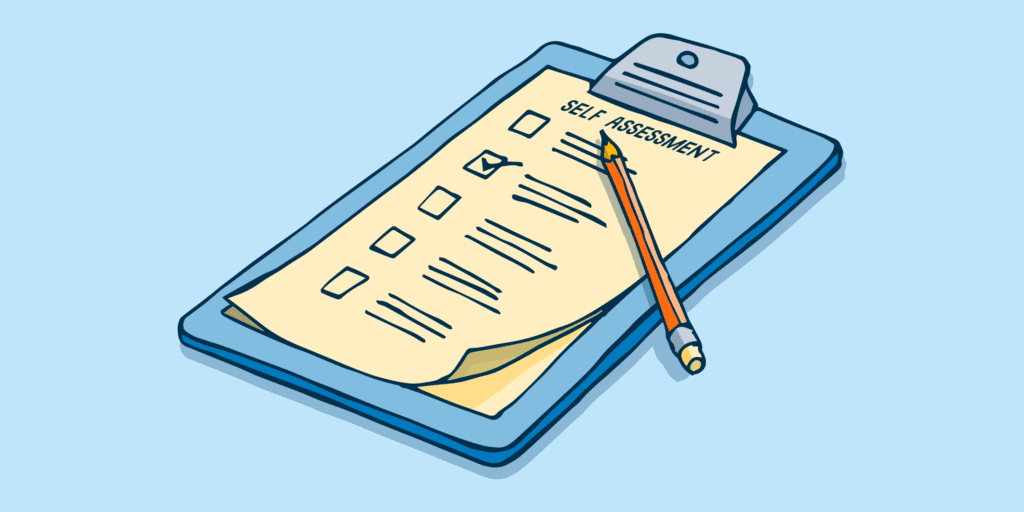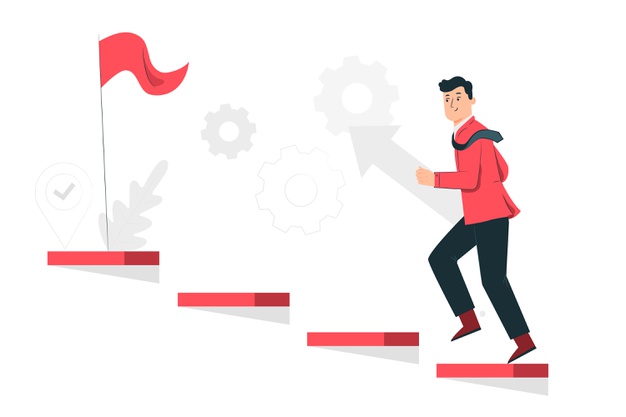During the Covid-19 pandemic, many people lost their job, especially in services that rely greatly on face-to-face interactions. On the other hand, all businesses that continue to operate despite the strict social restrictions, are still under pressure to provide business continuity.
Employees worldwide still work remotely, and the chances are that even after the health crisis, a mixed work model will be established. The current situation certainly comes with a different set of challenges. An obvious one is a risk of being more easily distracted. Most of us associate home with comfort and leisure, so getting in a work mindset in a space that evokes opposite signals demands adaptation. Not to mention the fear that hits most people and how it affects us and our work.
And while from my experience working in a bespoke software development company – Dreamix, I learned that even when the organization does its best to support employees, it can only do so much. On a personal level, we need to take the initiative and be self-reliant and accountable, even when we are not in our glass offices.
Aligning Goals and Expectations

Many companies have a system set in place for home offices. However, very few businesses have entirely switched to remote working. My point is, while as employees, we are all trying to figure out what are best practices to get our piece of work done away from the habitual work environment, our managers, supervisors, administrators are doing the same.
Each team needs to approach the situation individually and create a team goal for themselves. But there is a need for timely, direct, and reliable communication. With scarce communication, the risk for misinterpretation and delay is significant. So if there is something you as an employee believe is unclear, you should not just wait but communicate your concerns and reach a definitive agreement. You should align the company goals with your performance as a part of them. Furthermore communicating deadlines, time-frames, task prioritization tasks should be a priority itself.
Self-Assessment

To improve your performance, you need to know where you stand. And unlike working in an office next to your manager, you need to hold up a mirror to your own work and run a self-assessment if you are doing well.
Chances are there are things you can improve upon. But you can only do so if you are observant, critical, and analytical towards your daily habits, work practices, priorities, and so on.
The easiest way to go about it is to set measurable metrics. How long does it take you to perform a base, repetitive type of work? Are you motivated for work? Do you take too long breaks and lose motivation afterward? Are you feeling exhausted? Are you feeling stressed when you work? Are you meeting your deadlines?
Find the root of the problem, at the very least identify that there is something you can do better. You need to rely on yourself right now to do that. Think of it as a chance to improve as an individual. The more self-sufficient you are in your work, the more opportunities you unlock for yourself to evolve both as an employee and a person. And the first step to achieving better results and self-development is to be able to perceive if you are doing well or falling behind.
Taking initiative

Let’s say you have noticed a tendency that is crippling your work. Hypothetically, let’s say you are feeling tired and have a hard time focusing. As a result, you likely work slower and fall behind on your work. Great! Now you know where your issues stem from.
What are you going to do about it? Think about what would help resolve the issue that is causing your performance to drop. And then think about how you can make changes in your lifestyle and choices to make progress on that front. If you are tired, consider taking a day or two off work to rest and collect yourself. If you have too many distractions in your working area – declutter your desk. If you have a tidy workspace but still cannot focus, try the Pomodoro focusing system.
You have options as to how you tackle your weaknesses. But to do that you need to take the initiative. You need to be accountable for your short-comings and feel the desire to do better.
Personal, Professional, and Company Growth

Right now, we are all doing our best. But the more self-sufficient you are as an employee, the better the outcome will be when we eventually go back into our offices.
It is essential that your personal, professional career aspirations are aligned with your company’s ideals for growth. Naturally, you cannot really align them completely. But the most significant benefit to all involved is when everyone is working towards a common goal.
Becoming a more organized, healthier, and responsible person undoubtedly makes you also a better professional. Being an excellent professional makes you a better teammate that, in turn, helps achieve company goals. And the company is more likely to invest in your personal improvement and excellence. Growing in different aspects of your life and with a community will also ultimately result in a better quality of life.
Do What You Can

Being accountable without external moderation is key to growing as a person and a teammate. However, being able to do that requires a level of dedication from you. Do what you can, when, and how you can to be more accountable with what you do daily. This way, you can learn the most even from challenging situations, and come out as a better person, a better employee, a better teammate, and a better employee.
 Imagup General Magazine 2024
Imagup General Magazine 2024



